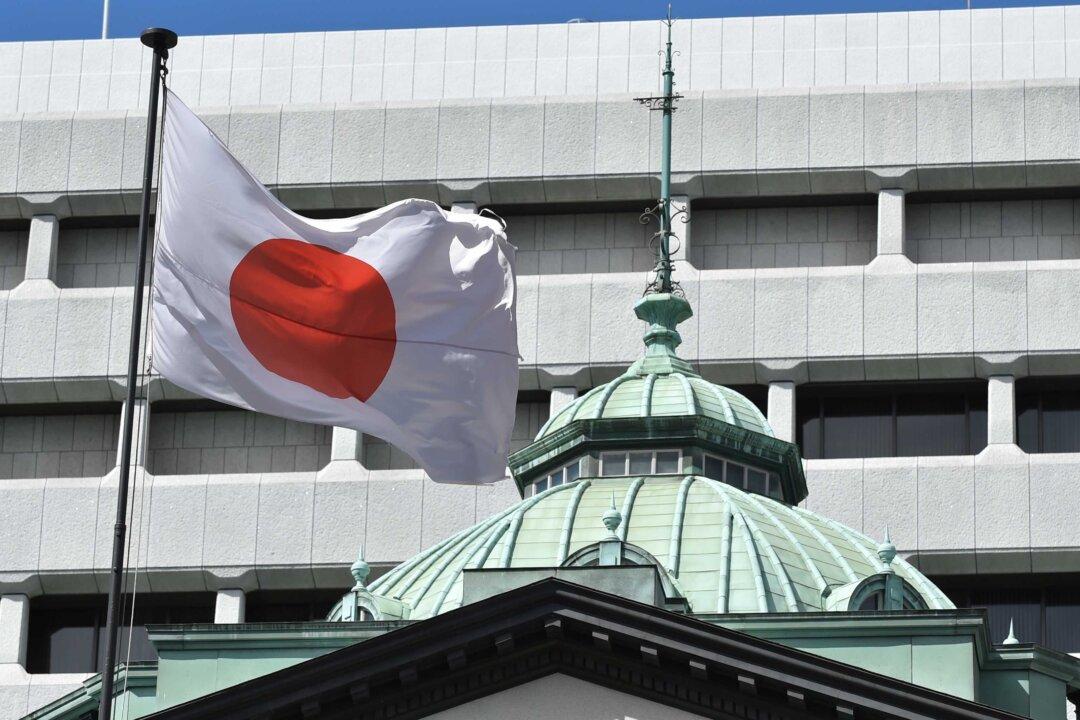Japan has tightened its screening process for foreign researchers applying for visas, including requiring them to disclose work histories, as part of measures designed to prevent technology leaks.
Foreign researchers seeking entry into Japan must submit their past research papers and an eligibility certificate from their employers. They also will need to declare the purpose of their travel and the location of their stay in Japan, Nikkei Asia reported.





